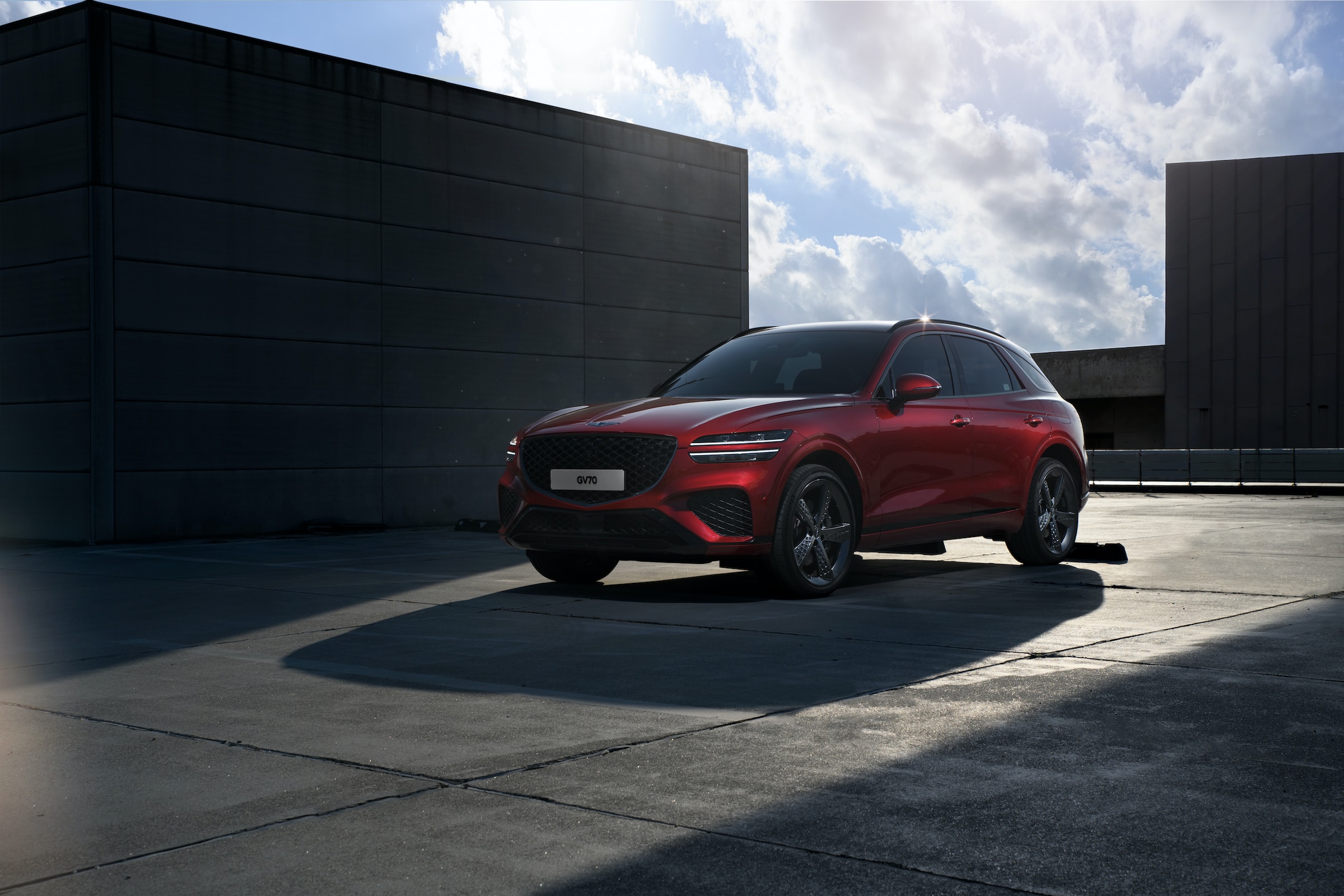Despite hurdles posed by the Inflation Reduction Act, Hyundai Motor Co. and its affiliate Kia Corp. saw a 5.9% rise in U.S. EV sales from January to June compared to the previous year. This growth, confirmed by the Korea Automobile & Mobility Association (KAMA), comes amidst a decline in market share and increased competition from domestic manufacturers. However, introducing new models and improving chip supply have contributed to wider market growth.
These EV sales encompass various types, including battery electric vehicles (BEVs), plug-in hybrid electric vehicles (PHEVs), and hydrogen fuel-cell electric vehicles (FCEVs). However, it is worth noting that the market share of the two South Korean carmakers in the U.S. EV market has declined to 7 percent in the first half of this year compared to 10.5 percent a year ago, as stated in KAMA's release.
Nonetheless, the global push toward electrification has contributed to the overall growth of the EV market in the United States. Bolstered by an improved chip supply and the introduction of new models, 655,699 EVs were sold in the first half of this year, representing a remarkable 25 percent increase from the previous year.
Hyundai and Kia's EV models, specifically the Ioniq 5 and EV6, have secured their spot among the top 10 bestselling EVs in the U.S., alongside notable competitors such as Tesla Inc., General Motors Co., Volkswagen Group, and Ford Motor Co. Beyond EV sales, Hyundai and Kia have experienced a substantial overall increase in vehicle sales during the January-June period. The combined sales, including EVs, soared by 17 percent compared to the previous year, reaching 820,180 autos.
The Inflation Reduction Act signed into law by U.S. President Joe Biden has created additional hurdles for Hyundai Motor Group's EV sales in the U.S. market. This legislation provides tax credits of up to US$7,500 exclusively to EVs manufactured in North America, raising concerns about the competitiveness of Hyundai and Kia, which primarily produce EVs domestically for export to the U.S.
Nevertheless, Hyundai Motor Group is adapting to this changing landscape by constructing its dedicated EV and battery plant in Georgia, with plans to commence production in the first half of 2025. Additionally, Hyundai Motor's introduction of all-electric GV70 SUVs at its Alabama plant under its independent Genesis brand highlights its commitment to the EV market.
Despite the evolving challenges and increased competition, Hyundai and Kia remain a formidable force in the global automotive industry, currently ranking as the world's third-largest carmaker by sales, following Toyota Motor Corp. and Volkswagen Group.
Photo: Hyundai Motor Group/Unsplash



 Bank of Japan Signals Readiness for Near-Term Rate Hike as Inflation Nears Target
Bank of Japan Signals Readiness for Near-Term Rate Hike as Inflation Nears Target  Kroger Set to Name Former Walmart Executive Greg Foran as Next CEO
Kroger Set to Name Former Walmart Executive Greg Foran as Next CEO  Nvidia, ByteDance, and the U.S.-China AI Chip Standoff Over H200 Exports
Nvidia, ByteDance, and the U.S.-China AI Chip Standoff Over H200 Exports  Singapore Budget 2026 Set for Fiscal Prudence as Growth Remains Resilient
Singapore Budget 2026 Set for Fiscal Prudence as Growth Remains Resilient  Hims & Hers Halts Compounded Semaglutide Pill After FDA Warning
Hims & Hers Halts Compounded Semaglutide Pill After FDA Warning  Fungi are among the planet’s most important organisms — yet they continue to be overlooked in conservation strategies
Fungi are among the planet’s most important organisms — yet they continue to be overlooked in conservation strategies  LA fires: Long-term exposure to wildfire smoke is poorly understood − and a growing risk
LA fires: Long-term exposure to wildfire smoke is poorly understood − and a growing risk  Nvidia CEO Jensen Huang Says AI Investment Boom Is Just Beginning as NVDA Shares Surge
Nvidia CEO Jensen Huang Says AI Investment Boom Is Just Beginning as NVDA Shares Surge  Rise of the Zombie Bugs takes readers on a jaw-dropping tour of the parasite world
Rise of the Zombie Bugs takes readers on a jaw-dropping tour of the parasite world  Thousands of satellites are due to burn up in the atmosphere every year – damaging the ozone layer and changing the climate
Thousands of satellites are due to burn up in the atmosphere every year – damaging the ozone layer and changing the climate  Global Markets Slide as AI, Crypto, and Precious Metals Face Heightened Volatility
Global Markets Slide as AI, Crypto, and Precious Metals Face Heightened Volatility  We combed through old botanical surveys to track how plants on Australia’s islands are changing
We combed through old botanical surveys to track how plants on Australia’s islands are changing  South Africa Eyes ECB Repo Lines as Inflation Eases and Rate Cuts Loom
South Africa Eyes ECB Repo Lines as Inflation Eases and Rate Cuts Loom  Oil Prices Slip as U.S.-Iran Talks Ease Middle East Tensions
Oil Prices Slip as U.S.-Iran Talks Ease Middle East Tensions  Asian Markets Surge as Japan Election, Fed Rate Cut Bets, and Tech Rally Lift Global Sentiment
Asian Markets Surge as Japan Election, Fed Rate Cut Bets, and Tech Rally Lift Global Sentiment 































